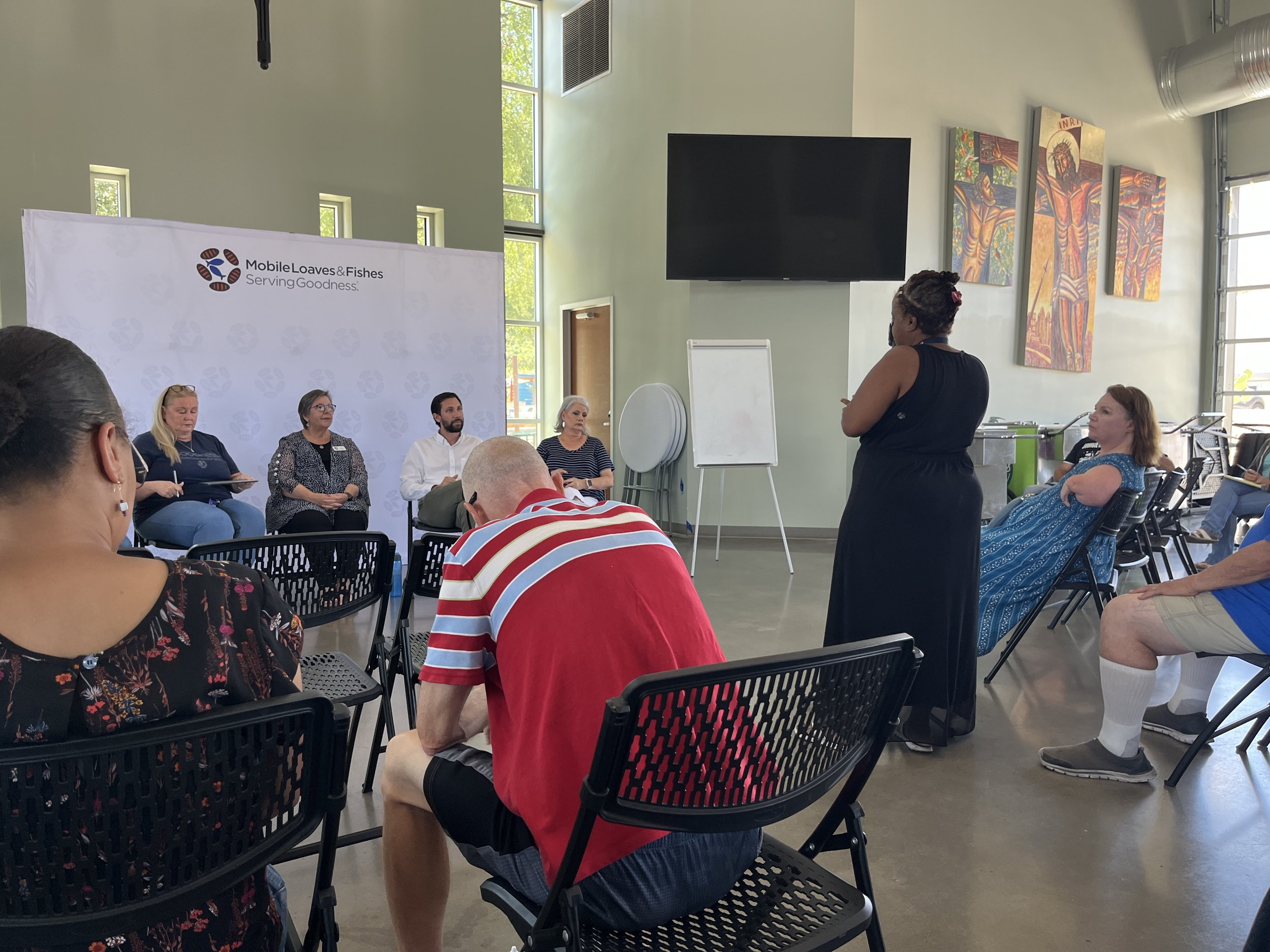Elevating the Voice of the Oppressed
I’m not used to being the one in charge. In church ministry, I was an associate pastor. As a child, I was the second oldest. As a husband, I’m the less dominant partner. As an Enneagram 9, I am driven to defer to others and accommodate the preferences of the people I love.
At the same time, I am used to having a voice and holding some level of power. I have quite a few privileges just by being a white, tall, middle-aged male in a profession that tends to be respected. I grew up in an environment where my needs were taken into consideration, and I was taught that I could set my own direction in life.
I have no personal experience with what it is like to be chronically homeless: lacking adequate resources, lacking supportive & functional relationships, pushed to the margins of society, and treated less-than-human. I’m on a journey to understand how to best come alongside those individuals who have been oppressed, silenced, and disempowered—people who have to work through countless traumas on top of growing up in a world that told them they were worthless.
In our work at Community First, we try to offer our full selves, while also making sure we don’t play into a system of the haves & have nots, us & them, servants and served. It’s hard. But not as hard as being on the other side of these dynamics.
I’m noticing more and more the systems of power and cultural norms that undergird much of how resources flow and determine how decisions are made. About a month ago, I realized in the span of one week we had three opportunities for our formerly homeless neighbors to share their ideas, feedback, and concerns. All three meetings met in the same room, but who was in charge, who was allowed to answer questions, and how each of them were structured encouraged and discouraged certain ends.
The first meeting was the follow-up to a Village-wide Town Hall meeting. Since it had been over two years since the last Town Hall meeting, it ended up being filled entirely with announcements from the staff to all the residents. So, the Q&A time was pushed to another meeting.
Leaders from the Neighbor Care department and from Property Management sat up front in a panel style. Neighbors were instructed to sign-up if they had something to share, and were then permitted two minutes to make their first statement or question. One or more staff spoke their thoughts in response, and then the person could ask a follow-up question.
It became clear pretty quickly that the structure was intimidating and restrictive, so the staff adjusted and one of them started walking around the room with the mic for whoever wanted to speak. What remained was the power structure in the room—for this first meeting, the staff held the answers and would take this feedback back to their teams before any decisions were made. Anyone could speak, but only the staff were truly empowered to do something.
The second meeting was a monthly group called the Wellness Advisory Board. It’s a mixture of neighbors (lifted neighbors as well as missional neighbors) and a few case workers and recovery coaches from onsite partner organizations. Started by a former missional who is an MD with an emphasis in addiction medicine, Nick still facilitates the group discussion, but is clear that everyone’s voice in the room is equal. I noticed that even in his posture, his body language is saying “Your voice matters just as much as mine.”
The agenda is shown on the screen so everyone can follow along and also be reminded of what was discussed at the last meeting in case they missed it. Though it is focused on the wellness of our neighbors and Village, any topic is welcome. Stewarded by a couple missionals and passionate neighbors, this group provides an opportunity to be part of the change and make our village a safer place to thrive. As neighbors become regular attendees, they are invited to be on the Board, which will consist entirely of formerly homeless neighbors once it’s fully formed. The Board will set direction, make decisions, and bring up concerns and suggestions to the Village staff and partner organizations. This group has already conducted a Village-wide multi-faceted survey, held a Wellness Resource Fair, provided Narcan training and kits for those interested, and advocated for various improvements to Neighbor Care staff. It is a great example of bringing all voices to the table and empowering a diverse group to put that feedback into action.
The third meeting was the launch of the Goodness Council, which meets twice a month. This group is an offshoot of one I co-founded last year. In the Fall, I teamed up with one of our long-term neighbors to facilitate a string of brainstorming sessions amongst neighbors about how we as neighbors can improve our neighborhood. He was the 100th neighbor to move off the street and into Community First, and he is a creative, insightful, community leader. I approached him with the desire to identify other leaders around the Village that have gifts and experiences that are being under-utilized. It turned out, he already had an idea for this! It was an epiphany for me—I had the assumption that it would take a person of privilege (education, leadership experience, position of influence, etc) to enact change and create a space for our neighbors to lead. It was humbling to read his Google doc of ideas, which included a creative acronym for GOODNESS: Graceful Outreach Of Determined Neighbors Engaged in Supportive Service. We narrowed the brainstorm to three initial emphases: help to welcome those who just moved in, come alongside the especially vulnerable and needy amongst us, and host more fun events to build connection.
What started as the Goodness Squad evolved into what is now the Goodness Council, which is led entirely by formerly homeless neighbors (though missionals attend and contribute as well). Anyone can speak from the mic or from their seat. The purpose is not very defined, and the flow isn’t orderly, but it is beautiful. Neighbors know that when they show up, their ideas are respected. They can make a difference in their neighborhood and they want to. I’m excited to see the impact this group has on our community.
We need more spaces like this. Spaces where honest feedback is welcomed. Spaces where those we’ve oppressed are told “your opinion matters here.” Spaces where those who were powerless are actually in power, driving the agenda, and making their mark. Spaces where all can come to the table, and it isn’t just educated white folks determining who sits and where.
Jesus was called the friend of sinners, ate with the rejects of society, and trained a group of commoners to lead one of the biggest movements in the history of the world. Sure it was sometimes sloppy, but all leadership structures cause chaos at times. For those of us used to being in positions of power, let’s step aside and watch new gifts, leaders, and ideas emerge. I bet all of us will be better off.



